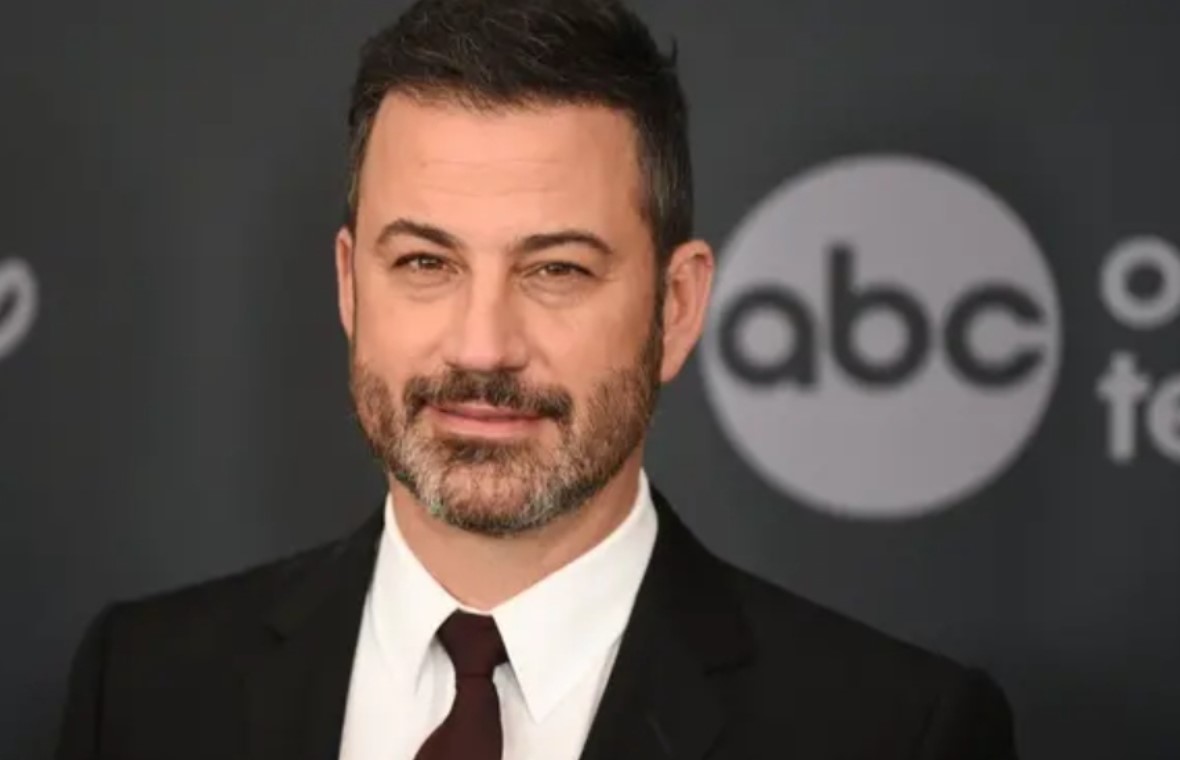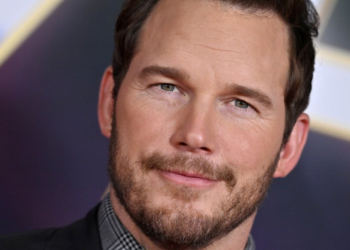The future of Jimmy Kimmel’s late-night show on ABC is no longer about laughs. It is now caught in a storm of politics, regulatory pressure and business deals that could reshape the media landscape.
Kimmel Suspension Sparks Political Firestorm
Jimmy Kimmel was suspended this week after making remarks about fans of conservative activist Charlie Kirk. His comments drew swift backlash, with Federal Communications Commission Chairman Brendan Carr calling them “truly sick” and promising a review. Carr answers directly to President Donald Trump, who has long criticized Kimmel’s comedy.
Two major broadcast groups, Nexstar Media Group and Sinclair Broadcasting, which operate nearly a quarter of ABC affiliates, quickly announced they would not carry Kimmel’s show. What began as a late-night controversy has escalated into a test of free speech, business survival and political power.

Disney’s Growing Regulatory Troubles
The controversy comes at a time when Disney, ABC’s parent company, is already under heavy scrutiny. In recent months, the Trump administration has launched multiple probes into Disney’s operations, targeting everything from diversity programs to business acquisitions.
-
In April, the FCC accused Disney of favoring minority groups in hiring and programming, calling the company “infected” with bias and opening an investigation.
-
Earlier this month, Disney paid $10 million to settle Federal Trade Commission claims that it collected children’s data without parental consent.
-
The Justice Department is also examining whether Disney’s January deal to buy a stake in streaming service FuboTV violates antitrust laws.
These probes have put CEO Bob Iger in a difficult position as the company seeks regulatory approvals for other high-value deals, including ESPN’s planned acquisition of the NFL Network.
Political and Business Risks Collide
Disney’s handling of Kimmel cannot be separated from its need to keep relations with Washington intact. Last year, the company settled a defamation lawsuit filed by Trump against ABC News and George Stephanopoulos for $15 million, a move seen as an effort to avoid direct conflict with the White House. Disney also scaled back diversity, equity and inclusion initiatives after criticism from conservative officials, stripping language about its “Reimagine Tomorrow” program from corporate filings.
But those moves have not shielded Disney from scrutiny. Florida Governor Ron DeSantis previously clashed with the company over its criticism of his education policies. Charlie Kirk also criticized Disney for closing Splash Mountain, saying the decision harmed American culture. The backlash shows Disney has become a prime target in the culture wars, leaving Kimmel’s case as the latest flashpoint.
Pressure on ABC Affiliates
The reaction from Nexstar and Sinclair adds another layer of complexity. Both companies face their own pending regulatory decisions, raising questions about whether their decisions are tied more to business considerations than editorial independence.
-
Nexstar is seeking approval for its $6.2 billion acquisition of rival broadcaster Tegna.
-
Sinclair recently struck an agreement with the FCC to resolve compliance issues over children’s programming and advertising, and it has asked regulators to relax ownership limits.
With their business interests at stake, both companies may be reluctant to risk angering the Trump administration by standing behind Kimmel.
| Company | Current Issue with Regulators | Potential Risk |
|---|---|---|
| Nexstar | Needs approval for Tegna deal | $6.2B merger stalled |
| Sinclair | FCC compliance monitoring | Ownership rule changes |
The table underscores how tightly intertwined political decisions are with the survival of broadcasters dependent on federal approval.
A Fight Over Free Speech
The backlash against the suspension has come from surprising corners. Former Disney CEO Michael Eisner asked publicly why corporate leaders were not defending free speech more forcefully. Editorial boards that often side with conservatives have also warned about the risks of government pressure.
The Wall Street Journal criticized conservatives for abandoning their stance against cancel culture, warning they could face the same treatment in the future. Bari Weiss’ Free Press argued that the administration’s pressure amounted to censorship, writing that when networks drop talent after an FCC threat, “it’s no longer just a business decision. It’s government coercion.”
The debate has ignited broader concerns over whether broadcasters can resist political influence. If late-night comedy can be regulated through indirect threats, critics say, the First Amendment itself is under attack.
What Comes Next for Disney and Kimmel
Disney must now decide whether keeping Kimmel on air is worth the risk of angering regulators who control the fate of its billion-dollar business deals. Kimmel has been a fixture on ABC since 2003, but the stakes today are far greater than ratings or advertising dollars.
The company is balancing three urgent pressures at once: appeasing regulators, preserving relationships with affiliates, and protecting its reputation as a global entertainment leader. Each choice could trigger fallout that reshapes its future.
For Kimmel, the controversy has raised his profile but left his career uncertain. For Disney, the decision is emblematic of the larger struggle media companies face in an era where politics, regulation and business are inseparable.
The battle over one late-night host has become a proxy for much bigger questions about corporate independence, free expression and the reach of political power. How Disney responds could set a precedent for the entire industry.
In the end, the story is no longer about whether Jimmy Kimmel made an offensive joke. It is about how much control government and business interests can exert over what Americans are allowed to watch and laugh at. What do you think? Should corporations bend to political pressure or defend free speech at all costs? Share your thoughts with friends and join the conversation.
































